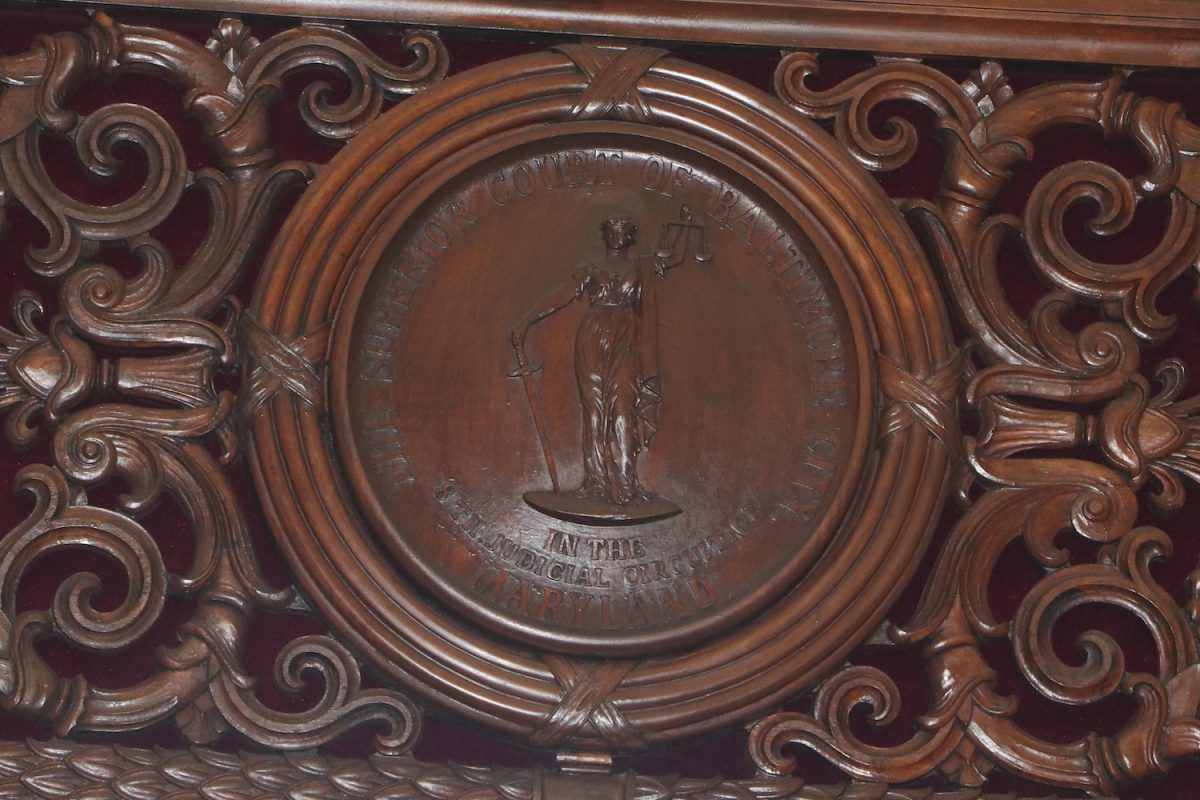
Thank you for reading Baltimore Witness.
Consider making a donation to help us continue our mission.
By
Amina Thiam [former]
- September 22, 2022
Court
|
Daily Stories
|
Homicides
|
Shooting
|
Suspects
|
On Sept. 22, a homicide defendant appeared before Baltimore City Circuit Court Judge John S. Nugent and rejected a plea of 10 years offered by the prosecutor.
Lawrence Wilson Jr. was charged with first-degree murder, use of a firearm during a felony violent crime, and possession of a firearm with a felony conviction. His case was later dismissed on Sept. 23 during the jury selection process.
He was facing 30 years to life if convicted of the first-degree murder charge.
The prosecutor explained that the victim in the 2019 incident died on Jan. 11, 2019, just three days after the shooting. A gun was recovered by police three months after the crime and is alleged to be the murder weapon by prosecutors.
Wilson’s defense attorney Donald C. Wright argued that the deposition testimony from the prosecution’s first witness, an expert DNA analyst, should be excluded at trial because she was testifying about the recovered gun, which had been destroyed and could not be presented to the jury.
Wright said the absence of the weapon would impact his ability to effectively cross-examine other witnesses since the prosecutor told the court she planned to call more DNA experts to testify about the weapon.
Wright argued that not presenting the weapon to the jury and his inability to recall the first witness would violate Wilson’s 6th amendment right to confront witnesses.
The prosecutor explained that law enforcement and the prosecutor’s office established a clear chain of custody for the weapon. She also told the court that the deposition testimony of the state’s first expert witness was crucial to the case.
Judge Nugent reserved judgment on the issue of the absence of the weapon itself but granted the prosecution’s request to depose the testimony of the DNA analyst.
Later, during the proceedings, an expert witness testified about the science behind touch-DNA found on the alleged murder weapon, which she said was a “highly probable” match to Wilson.
However, during cross-examination from the defense, Wright asked the expert witness if she found DNA samples from multiple individuals on the gun. The witness confirmed that she had found various samples.
Wright also posited that because touch-DNA is highly transmissible, Wilson could have actually never used the murder weapon. “It’s possible.” answered the witness. She later stated that multiple environmental factors could have affected the DNA profile, which was classified as “indeterminate.”
